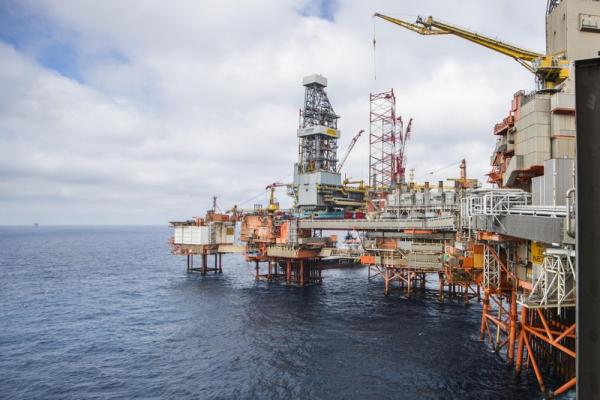© Reuters. FILE PHOTO: General view of capital Manama, Bahrain, October 30, 2022. REUTERS/Hamad I Mohammed/File Photo
By Valerie Volcovici
WASHINGTON (Reuters) – The United States export credit agency on Thursday will vote on whether to back a $100 million loan for an oil and gas drilling project in Bahrain, testing a U.S. climate pledge to stop backing projects that expand the use of fossil fuels.
The board of directors at the United States Export-Import Bank is expected to approve the project after voting last month to notify Congress about potentially supporting the expansion of an oil and gas field in the Middle Eastern country with over 400 new oil wells and 30 gas wells.
The EXIM Bank’s loan to Bapco Energies would be out of step with the Biden administration’s pledge to stop public financing of fossil fuel projects overseas, according to Democratic lawmakers opposed to the loan, as well as environmental activists.
“We urge you to take EXIM’s mandate to consider the environmental impacts of projects seriously, and to start by disapproving new funding for oil and gas drilling in Bahrain,” Democratic lawmakers wrote in a letter to EXIM’s board members on Tuesday.
EXIM told Reuters in a statement that while it seeks to align with the administration’s climate agenda it also complies with a rule that prohibits it from discriminating based solely on industry, sector or business.
The United States was one of over 30 countries that joined a pledge to end public finance for fossil fuel projects overseas at the COP26 climate conference in Glasgow in 2021.
But the United States, through its export agencies, has approved eight fossil fuel projects totaling over $2 billion since it made that pledge.
An environmental group filed a complaint in December with the Organisation for Economic Co-operation and Development over EXIM’s oil and gas financing deals.
EXIM is also weighing support of fossil fuel projects in Papua New Guinea and Guyana, one of the world’s biggest oil finds being developed by US oil giant Exxon (NYSE:), with votes due later this year.
Read the full article here

